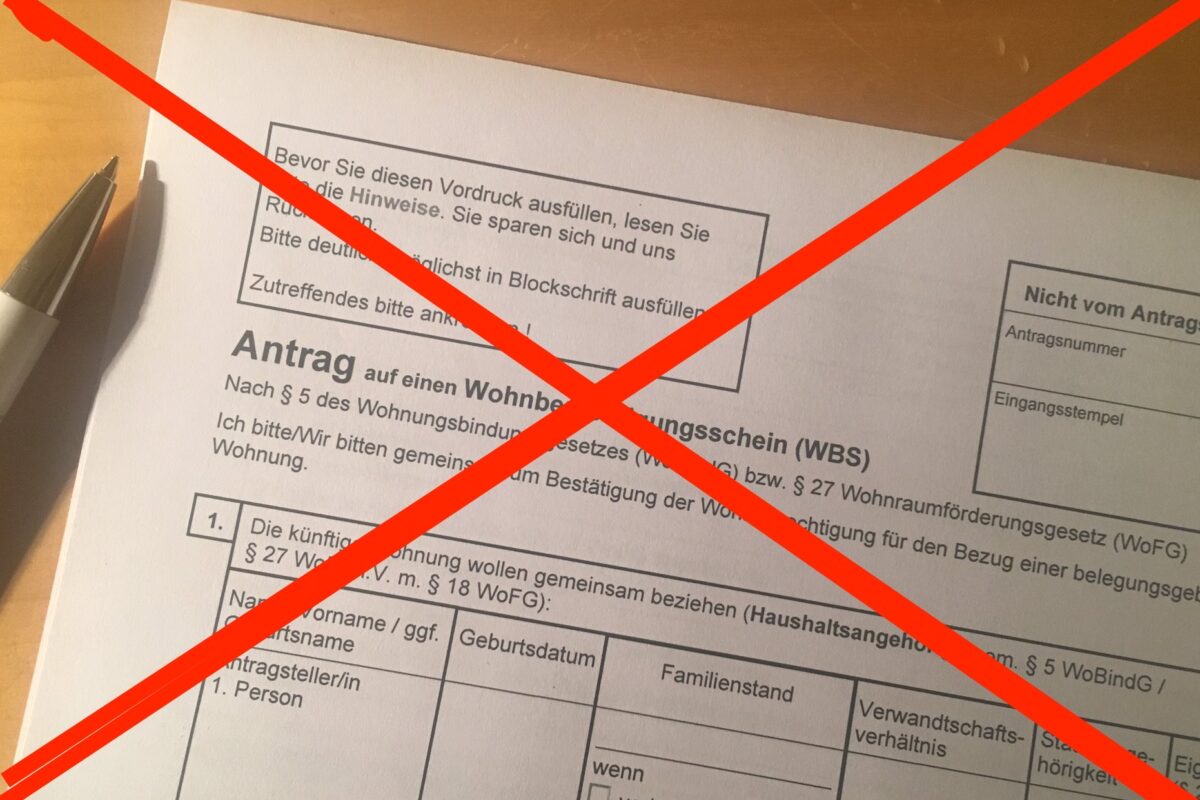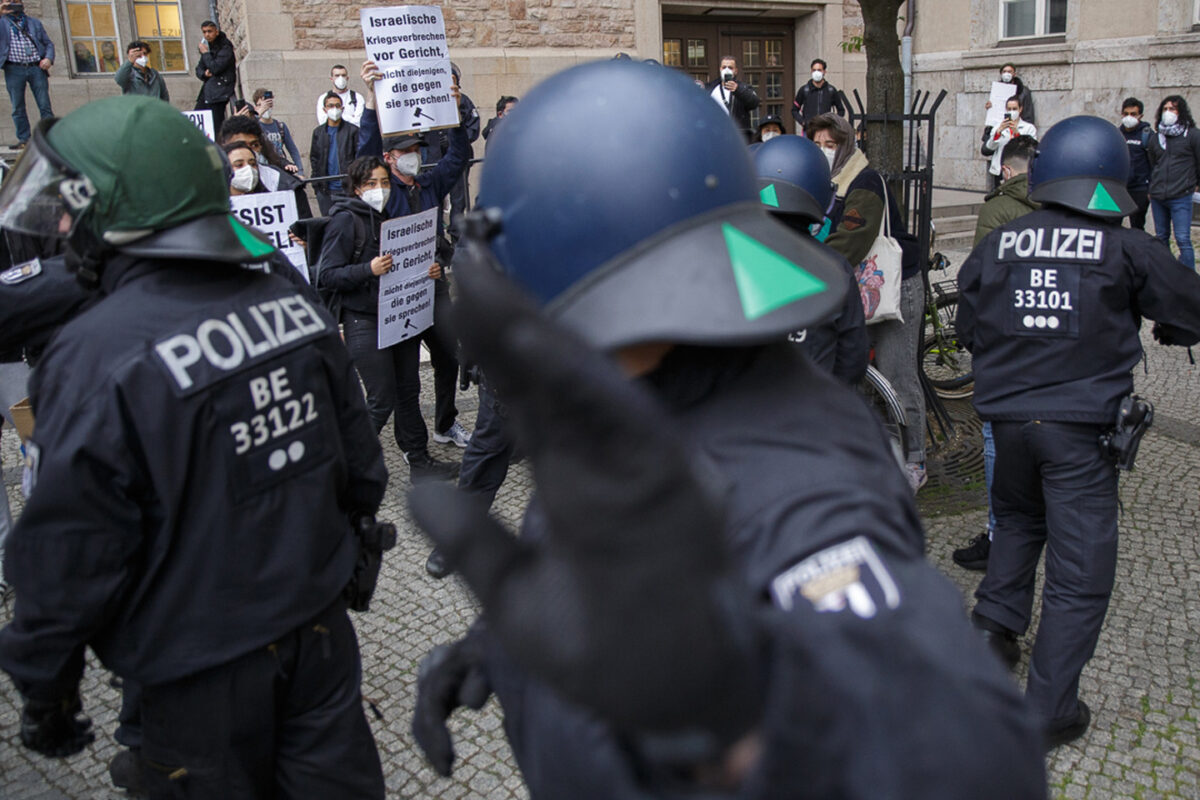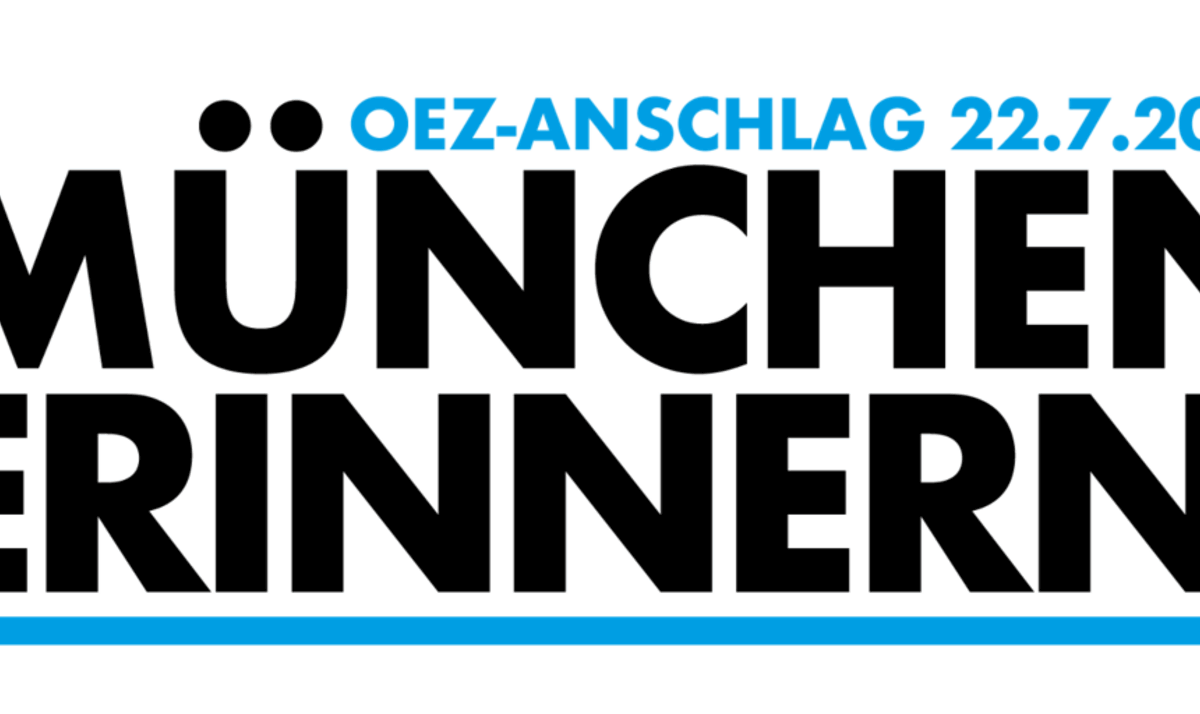by Die LINKE Charlottenburg-Wilmersdorf, Die LINKE working group Hartz IV and conference delegates Anne Zetsche, Elif Elrap, Felicitas Karimi, Johannes Kolleck, Melrose Caramba-Coker, Moheb Shafaqyar, Nadja Charaby and Yasin Bölme
May the state party conference decide:
The Berlin Senate, the Senate Department for Urban Development and Housing and Die Linke party members in the Senate and House of Representatives are requested to commit themselves to enable refugees, asylum seekers, tolerated stay permit holders, and non-German citizens with temporary residence permits to access to housing promotion certificates (Wohnberechtigungsschein/WBS).
It is the goal of Die Linke, the Senate, and the coalition treaty to accommodate refugees in apartments primarily, rather than collective accommodation centres, and exhaust all legal options to do this. An apartment is a basic requirement for self determination.
In Berlin – based on the “decision support” of the Senate administration for district administrations – there are still approximately 25.000 asylum seekers and tolerated stay permit holders excluded from receiving housing promotion certificates. Additionally there are 200.000 non-German temporary residence permit holders in Berlin who can not acquire housing promotion certificates if their residence permit extension is due within eleven months. Families in Berlin are excluded from getting housing promotion certificates if the resident permit extension for one household member is due or if a member is an asylum seeker.
Currently, 60% of the state-owned apartments are to be rented to people with a housing promotion certificate in order to provide affordable housing to as many people with low incomes as possible. We welcome the fact that the Senate wants to promote social housing more intensively.
Homeless refugees and those looking for accommodation, who have received a temporary residence permit, by way of family reunification or student status, may no longer be excluded from these apartments.
To enable state-owned and social housing access to non-German citizens with low income, the same as their German counterparts, we demand that:
- People looking for accommodation with a residence permit, visa for family reunification, or provisional residence certificate will receive housing promotion certificates as long as they satisfy other requirements
- People seeking accommodation with a resident permit or tolerated stay permit who have been in Germany for at least 12 months will receive housing promotion certificates as long as they satisfy other requirements
- When a family member fulfills the legal residence requirements for the housing promotion certificate, other members of the household are taken into account as well
The housing promotion certificate has been a state affair since the reform of federalism in 2006. The restrictive practice of the administration is based on federal law, since Berlin has neither a state law nor a comprehensive administrative regulation on the housing promotion certificate to date. We are therefore calling for a state law on the housing promotion certificate in the future and, until then, an expansion of the housing promotion certificate to the groups mentioned by way of administrative regulation.
Justification
Unlike in some other federal states, in Berlin asylum seekers, tolerated persons and all people of non-German nationality whose residence permit is due for extension within the next 11 months will not receive housing promotion certificates, even if their stay is likely to be extended or they have resided in Berlin for a long time.
This affects people with recognized refugee status, for example, whose residence permits are issued for three years in the third year of their stay. This excludes numerous foreigners and refugees from acquiring social housing. Even if a family member has, for example, an unlimited residence permit or German citizenship, other family members with limited residence permits for family reunification could be excluded from housing promotion certificates. Pandemic-related processing delays in residence permits extensions at the State Immigration Office additionally exacerbate the problem. Some families never receive a joint housing promotion certificate because of the differing terms of their residence permits.
In Berlin, almost 20,000 refugees are still living in accommodation provided by the State Office for Refugee Affairs and approximately 10,000 more are placed in shelters for the homeless by the districts according to the ASOG (Allgemeines Sicherheits und Ordnungsgesetz – General Safety and Order Law). Numerous studies show that living in collective accommodation long-term has negative psychological and health consequences. Integration into work, education and society is made more difficult. According to the coalition agreement, the political goal of Die Linke and the Berlin Senate is to prevent permanent segregation of refugees and enable quick access to a home of their own. The implementation of this integration policy objective and reduced support of mass accommodation has become even more urgent due to the spread of the SARS-CoV-2 virus.
Refugee families searching for an apartment have a particularly hard time in the Berlin housing market. They face discrimination and need special support in finding accommodation.
60% of the 300,000 state-owned apartments are to be given to people with housing promotion certificates when they are re-let. Homeless refugees with low incomes or those receiving social benefits especially depend on these apartments and must not be excluded. This also applies to around 100,000 social housing locations in Berlin.
As a legal examination by the integration officer of the Berlin Senate already confirmed in 2017, within the framework of the interpretation of applicable federal law it is possible to regulate housing promotion certificate access according to criteria for non-German citizens. Federal law (Section 27 WoFG Bund – Law on Social Housing Promotion) does not specify a specific length of stay or alien status as a requirement for housing promotion certificates.
The Berlin Senate must finally use the opportunity created by the 2006 federalism reform to regulate access to the housing promotion certificate via state law and administrative regulations. They must ensure, within this framework, that previously excluded people without German citizenship have equal access to housing promotion certificates and thus to affordable housing.
Translation: Ilona Addis




